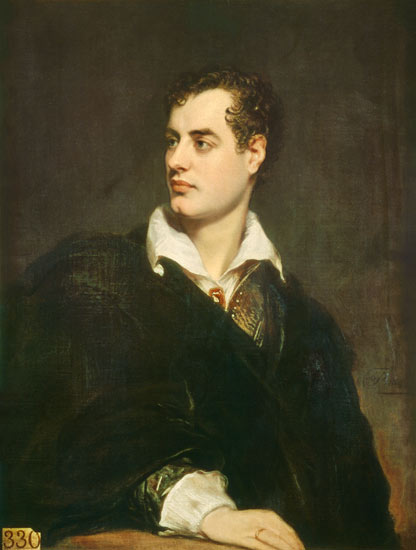Thursday, 31 December 2020
Sunday, 27 December 2020
GIGI PROIETTI AND EDMUND KEAN
Saturday, 26 December 2020
Friday, 25 December 2020
THE QUEEN'S CHRISTMAS SPEECH
The
Queen told the nation of the need for "life to go on" in her
Christmas Day broadcast to millions. In a touching message, after such a
terrible year, Her Majesty spoke of the importance of getting through the
Coronavirus pandemic. She described how she had been “inspired” by
the tens of thousands of Brits who had volunteered to help during the
crisis. And she paid tribute to the NHS staff who risked their own lives
to care for Covid-19 victims saying we all owed them a “debt of
gratitude.” Read here.
Thursday, 24 December 2020
Tuesday, 22 December 2020
Wednesday, 16 December 2020
CELEBRATING THE BIRTH OF JANE AUSTEN
Jane Austen was born on 16 December 1775, the seventh
of eight children of a clergyman in a country village in Hampshire, England. Read here.
Some beautiful articles about our beloved novelist can be read here and here.
"We read Jane Austen because she seems to know us better than we know ourselves, and she seems to know us so intimately for the simple reason that she helped determine who we are both as readers and as human beings." Harold Bloom
Friday, 11 December 2020
GLOBAL ENGLISH - 3^C LINGUISTICO
More people speak Spanish than English as their first language. Nearly three times as many speak Mandarin Chinese in their family homes. Yet few would dispute that English is the leading world language. Read here.
Wednesday, 9 December 2020
LORD BYRON, MANFRED AND THE BYRONIC HERO
"We are all the fools of time and terror: Days steal on us and steal from us; yet we live, loathing our life, and dreading still to die.”
Manfred is a dramatic poem written in 1816–1817 by Lord Byron. It contains supernatural elements, in keeping with the popularity of the ghost story in England at the time. It is a typical example of a Romantic closet drama. It was adapted musically by Robert Schumann and later by Pyotr Tchaikovsky. Friedrich Nietzsche was impressed by the poem's depiction of a super-human being, and wrote some music for it.
To say that Manfred is a Byronic hero in the Promethean mold is not new: not only the text of Manfred, but also Byron himself, as well as literary critics from his time until now, suggest it. Read here.
Here you can find a detailed analysis of the figure of the Byronic hero.
Tuesday, 8 December 2020
LORD BYRON - 5^C LINGUISTICO

Monday, 7 December 2020
THE BYRONIC HERO











